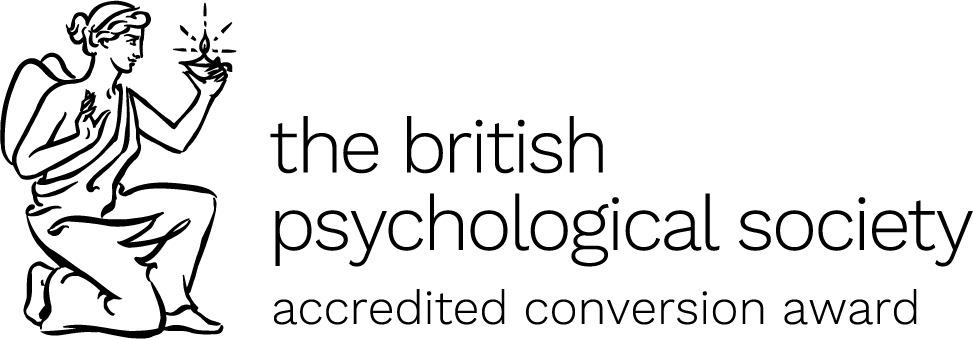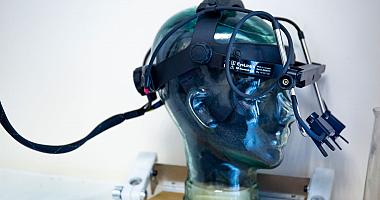Course information
Department
Length
1 year full-time; 2 years part-time
Course overview
This programme is the first of its kind at the University of London. It offers a scientific approach to the study of human behaviour, giving a broad understanding of psychological theory and research, and will help develop your understanding of the processes influencing how people think, feel, behave, and interact.
The programme is particularly well suited to those interested in a career change into the field of Psychology, or who have previously studied some psychology (but where the previous qualification does not meet the BPS criteria for GBC).
Develop your core psychology skills
- The programme covers all the core areas of psychology, namely Cognitive Psychology, Biological Psychology, Individual Differences & Personality, Social Psychology and Developmental Psychology, as well as thorough training in research methods.
- You will also get to choose at least one option module covering topics such as Topics in Neuropsychology, Magic & The Mind, Psychology & Law, Social Psychology of Social Problems, Addictive Behaviours, and Psychopathology. All modules are taught by national and international experts in the field and students will also receive tutorials in small groups.
Learn from experts in excellent facilities
- This programme will allow you to work alongside academics who are experts in their fields. You may have the opportunity to get involved in world-class research taking place in the department, specifically in your MSc research dissertation. Faculty members sometimes run their own research labs, which may give you the opportunity to develop your understanding of a broader range of psychological issues alongside your formal education.
- The Goldsmiths Department of Psychology gives you access to fantastic facilities, including laboratories, an EEG suite for brain research, an infant lab, and visual perception and attention laboratory. You will also be able to choose from a vibrant suite of postgraduate specialist modules as your option module, allowing you to get a flavour of niche areas of psychology.
Accreditation
This masters is fully accredited by the British Psychological Society (BPS). Upon passing the MSc, you'll be eligible to apply for Graduate Basis for Chartership (GBC) through the BPS. This is a necessary requirement to apply for any professional training programmes in the field of psychology in the UK.
These include
- Clinical Psychology
- Educational Psychology
- Counselling Psychology
- Forensic Psychology
- Organisational Psychology
Please note that a programme that makes you eligible for GBC is simply the entry requirement for professional training and in itself does not allow you to call yourself a psychologist. Please see the BPS website for further information.
Contact the department
If you have specific questions about the degree, contact Ashok Jansari or Jan de Fockert.






